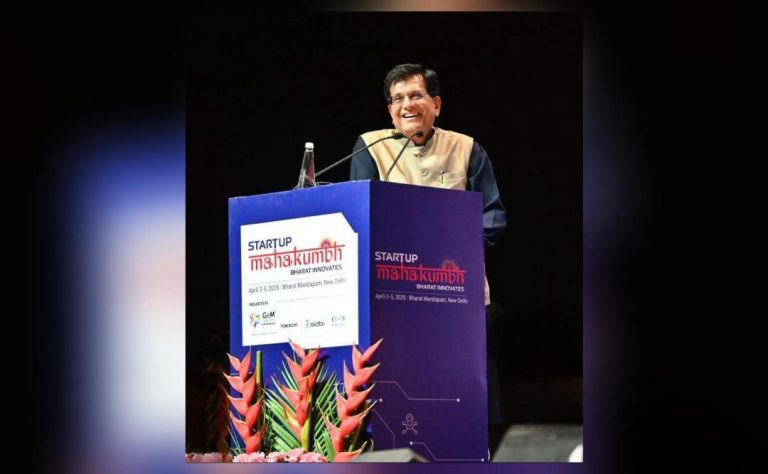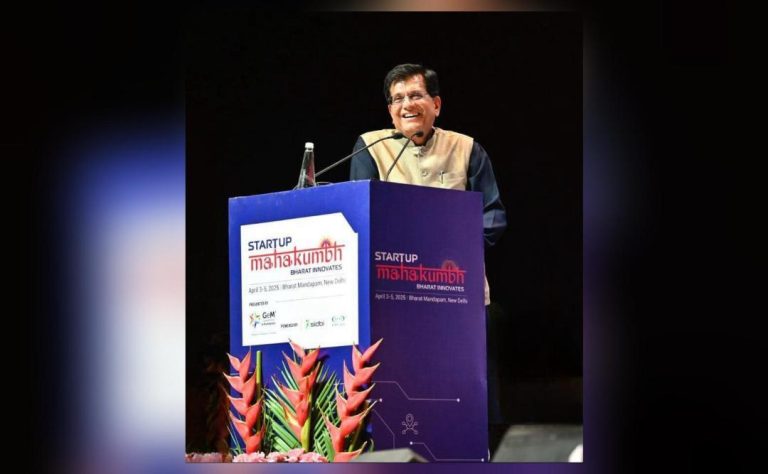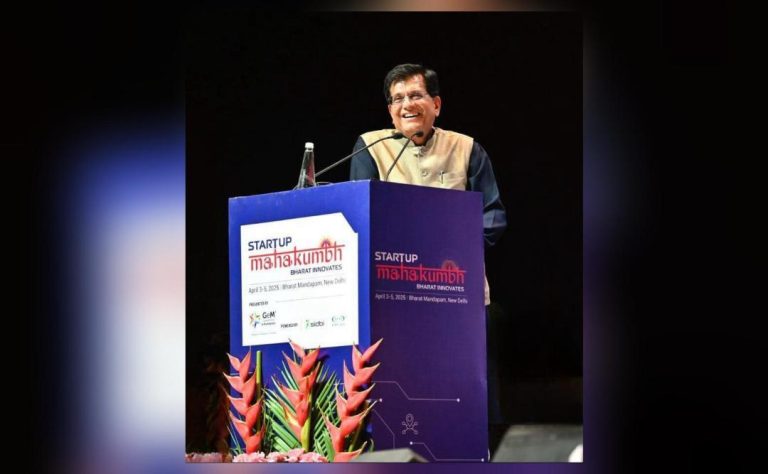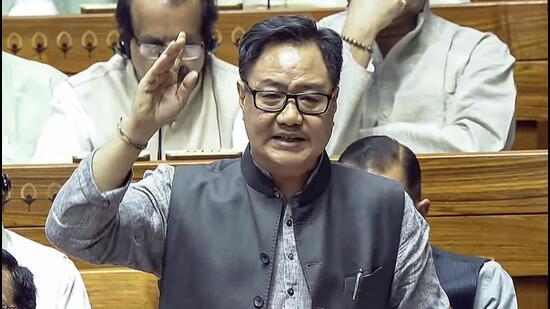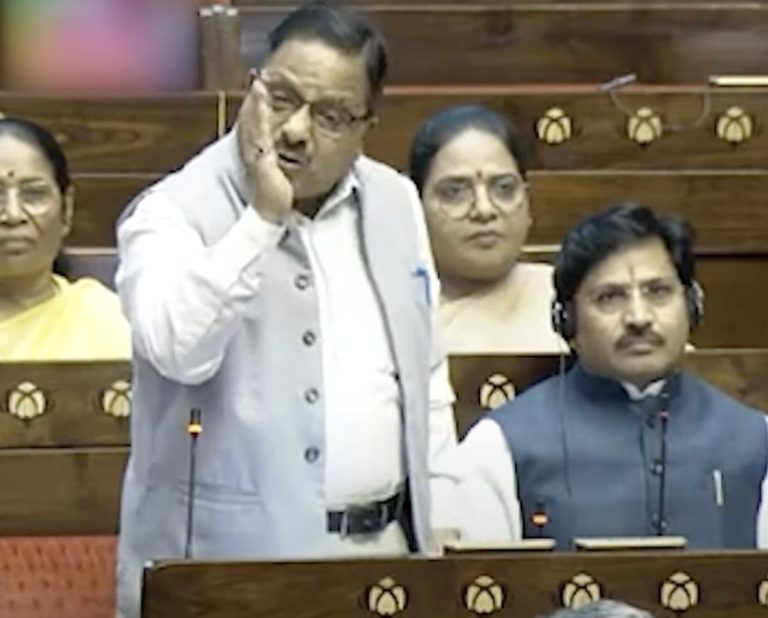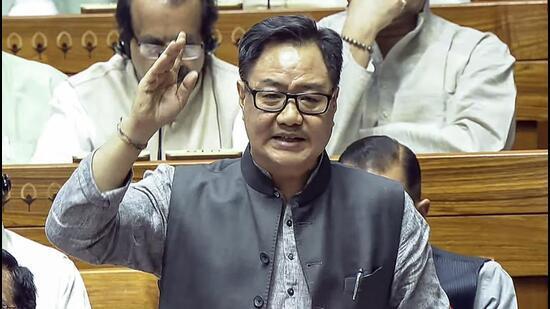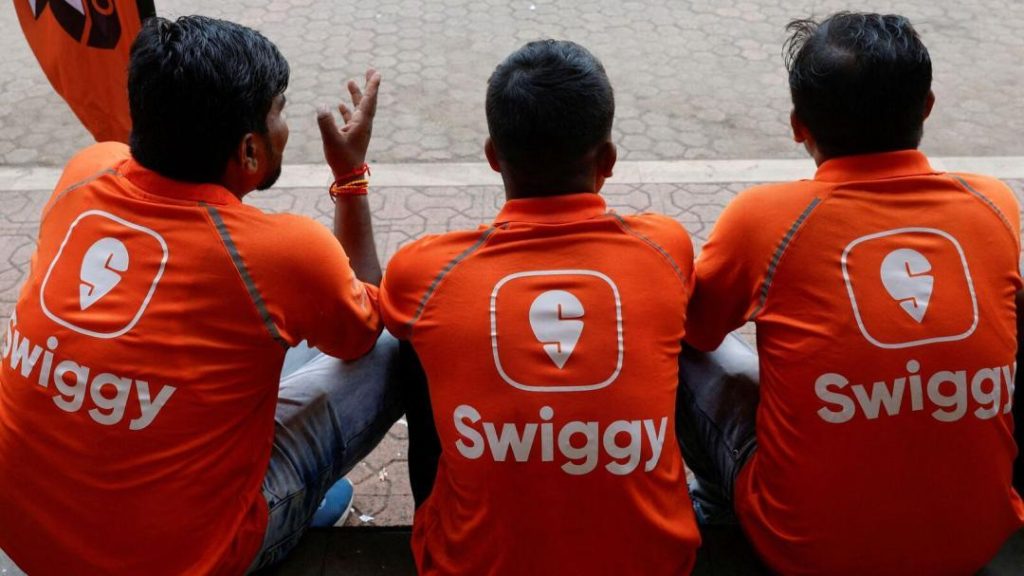
Swiggy Faces ₹158 Crore Tax Demand over Cancellation Fees
In a recent development, Swiggy, India’s leading food delivery platform, has been slapped with a tax demand of ₹158 crore for the financial year 2021-22. The demand has been made by the Income Tax Department, citing alleged violations related to cancellation charges paid to merchants. Swiggy has announced its intention to appeal against the demand, claiming that it stems from a misunderstanding of tax provisions.
Cancellation fees, which are a common practice in the food delivery industry, are charges levied on customers when they cancel their orders after a certain timeframe. These fees are typically paid by the customers to the food establishments, and are then passed on to Swiggy. However, the tax authorities have taken issue with the way Swiggy has been handling these fees, and have demanded payment of taxes on the amount collected.
The controversy surrounding Swiggy’s cancellation fees has sparked a wider debate about the taxation of digital economy. As more and more businesses shift online, the issue of how to tax these businesses has become increasingly relevant. The Swiggy tax demand may set a precedent for how cancellation fees are taxed in the future, and could have significant implications for the food delivery industry as a whole.
Background of the Case
Swiggy has been in operation since 2014, and has grown to become one of the largest food delivery platforms in India. The company has a vast network of restaurants and food establishments on its platform, and relies on cancellation fees to generate revenue. In recent years, Swiggy has been facing intense competition from other food delivery platforms, including Zomato and Foodpanda.
In FY 2021-22, Swiggy generated revenue of over ₹6,000 crore, with cancellation fees contributing a significant portion of this amount. However, the company’s revenue growth has come under scrutiny from the tax authorities, who have accused Swiggy of violating tax provisions related to the collection and payment of cancellation fees.
Tax Demand and Swiggy’s Response
The tax demand of ₹158 crore was made by the Income Tax Department in response to an audit of Swiggy’s financial records. The department has accused Swiggy of violating Section 194J of the Income Tax Act, which relates to the collection and payment of tax on fees paid by customers. Swiggy has been accused of not deducting and paying taxes on the cancellation fees collected from customers, and instead passing them on to the food establishments.
Swiggy has responded to the tax demand by saying that it is “fully committed to complying with all applicable tax laws and regulations.” The company has also claimed that the tax demand is “unwarranted” and “stems from a misunderstanding of tax provisions.” Swiggy has announced its intention to appeal against the demand, and is working with its legal team to resolve the matter.
Industry Experts Weigh In
The Swiggy tax demand has sparked a wider debate about the taxation of digital economy. Industry experts have weighed in on the issue, with some calling for greater clarity on the taxation of cancellation fees. “The Swiggy tax demand highlights the need for greater clarity on the taxation of digital economy,” said Ramesh Prabhu, a tax expert. “The government needs to provide more guidance on how to tax digital businesses, and how to ensure that they comply with all applicable tax laws and regulations.”
Others have argued that the Swiggy tax demand is a “welcome development” that will help to bring greater transparency to the food delivery industry. “The food delivery industry has been operating in a grey area for too long,” said Rohan Joshi, a food industry expert. “The Swiggy tax demand is a wake-up call for the industry, and will help to bring greater transparency and accountability to the sector.”
Conclusion
The Swiggy tax demand is a significant development in the food delivery industry, and has sparked a wider debate about the taxation of digital economy. As more and more businesses shift online, the issue of how to tax these businesses has become increasingly relevant. The Swiggy tax demand may set a precedent for how cancellation fees are taxed in the future, and could have significant implications for the food delivery industry as a whole.
Swiggy is likely to continue to appeal against the tax demand, and is working with its legal team to resolve the matter. The company’s response to the tax demand is a significant development in the food delivery industry, and will be closely watched by other digital businesses. As the industry continues to evolve, the Swiggy tax demand is a reminder of the importance of compliance with all applicable tax laws and regulations.
Source:
https://ascendants.in/industry_events/swiggy-rs-158-crore-tax-demand/
